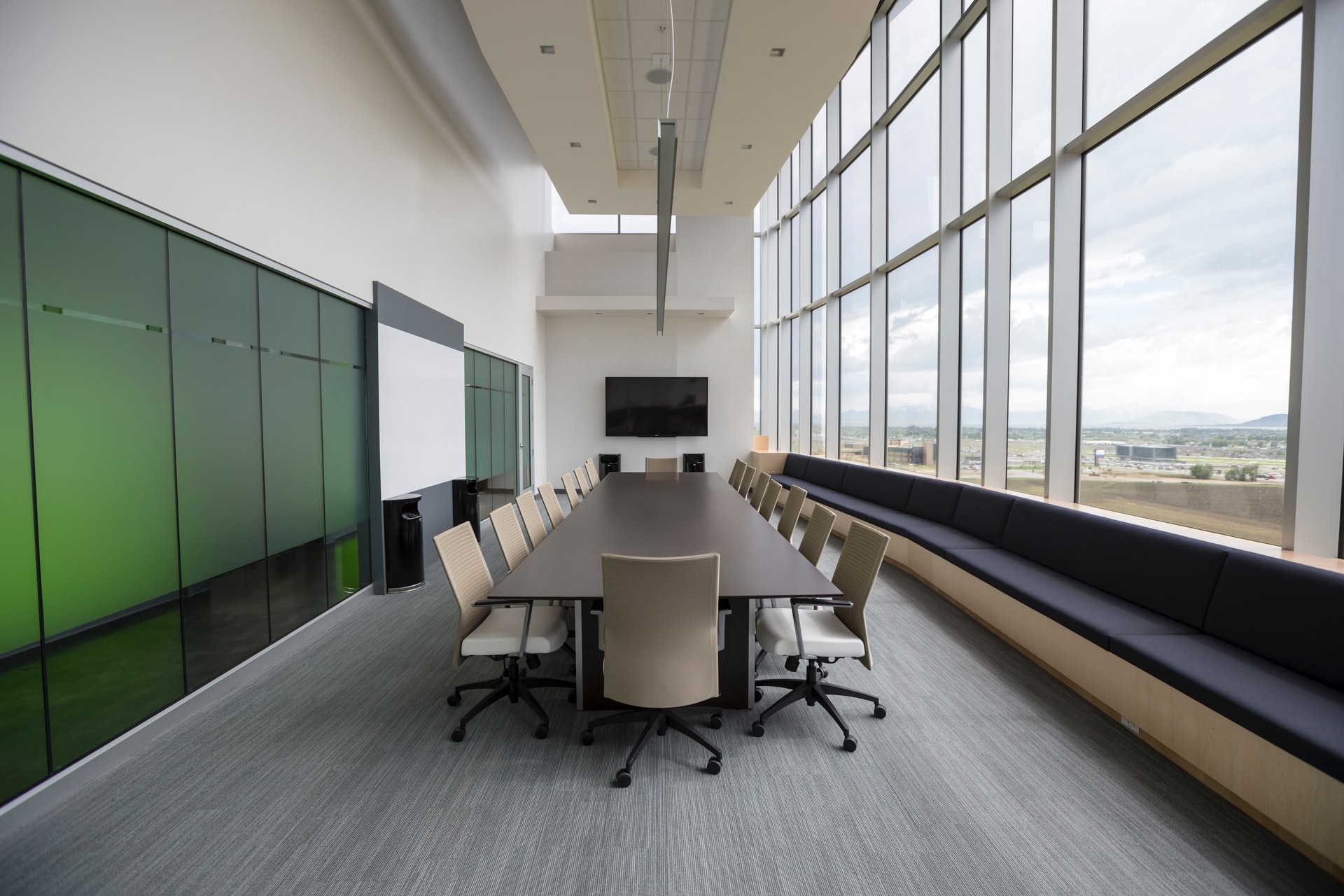The world has changed massively since Covid, and businesses are no exception. After a year of lockdowns and uncertainty, not only are companies emerging out the other side, but with them are employees who have different priorities than they had pre-Covid. Whether it’s flexible working, more mental health care, or simply a pay rise, here are some top tips to ensure a positive work environment for all.

Mental health days
These are not a fad, and they are not going to go away. The importance of mental health has been gaining traction over recent decades, with a huge emphasis now being placed on it due to Covid and its lasting effects. Even for people who are normally resilient to changes in circumstances, it is important to remember that many of your employees will have spent literally months at a time in solitude without the ability to physically touch another human being. For those with young families, the mental strain of having children to home educate while also trying to work has also been immense. In fact, it’s pretty safe to say that no one emerged mentally unscathed from the last couple of years. The concept behind Mental Health Days is that every person is given a set number of these to take throughout the year. They can be taken immediately, with little to no notice, and there are no intrusive questions asked by the employer. This allows staff the freedom to take time when they need it most without the uncomfortable reality of having to explain any mental health issues to others, particularly when they may be feeling vulnerable.
Hybrid and Remote working
One huge change to the face of business post-Covid is hybrid or remote working for the masses. Although these concepts have been around for a while, it was only common in some industries or once you had ‘made it’ to a certain level or salary. However, with Covid forcing the issue and almost every business in the world having to adapt to completely remote working or face no productivity, employees being asked to return to the office full time may be largely resistant. The point that they are making, that they have proven for months that they can complete their work effectively from home, means that the case for hybrid or remote working is strong. Some employers have begun using employee survey software to find out exactly what their workforce now requires in terms of flexible working.
Bonus packages/supplements
A follow-on from giving your staff the option of hybrid and remote working is that it gives you the opportunity to scale back on certain salary packages whilst perhaps offering different alternatives. For companies who are based in large cities, it will often be the case that a part of an employee’s salary package is based on the commute, such as an annual train ticket or bus pass. The concept of remote working has meant that many people have moved out of the cities in which they worked and, as such, no longer require this in addition to their salary. The cost of living for many people no longer in cities has also decreased, meaning that in the future, it may be the case that fully remote workers are paid less, in line with there being no commute or the paying high prices to live in a city. Instead, salary incentives for hybrid or remote workers could perhaps be a local gym membership or alternatively a bi-monthly luxury snack hamper.






0 Comments